You’ve heard of dry camping and boondocking, but what’s the difference between these activities? You want to plan the perfect weekend getaway, but you’re torn between trying to decide which activity will be the right fit for you.
Dry camping is camping at a campground without any type of hookups. It’s more convenient and may have access to amenities, but it does cost more. Boondocking is camping on public lands without any hookups. It’s free, good for large parties, gives access to more activities, and offers more privacy.
If you want to learn the difference between these two camping styles, here are a few things you’ll want to keep in mind.
What is the Difference Between Dry Camping and Boondocking?
Campers interested in more primitive settings may wonder what the difference is between dry camping and boondocking. The truth is that these two activities have quite a few similarities.
If you head into the great outdoors to experience everything that nature offers, you might want to consider whether either of these camping styles is right for you.
Let’s take a closer look at what you can expect from dry camping vs. boondocking.
1. What is Dry Camping?
It’s pretty simple to understand: dry camping is just camping without hookups. This means you won’t have running water, electricity, or other modern luxuries.
However, you’ll still be at a campsite, so you might have access to these things somewhere else on the premises. This allows you to test your survival skills to the best of your ability.
Experiment with hunting and gathering food, starting a fire on your own, and collecting water to drink or bathe with.
While you may have access to some of these amenities, it’s much more fun to try to do without them while dry camping.
Dry camping can also be done outside campgrounds, which is commonly referred to as boondocking.
2. What is Boondocking?
Boondocking also allows you to try your hand at camping without the luxuries you’ve grown accustomed to in modern society.
Dry camping may give you some access to running water or electricity if you need it. Boondocking places you firmly outside the limits of what you can gain from a campground.
While boondocking, you’ll be camping somewhere other than a traditional campsite. It’s all about finding a great off-grid place where you can put up for the night or the weekend.
Most people will find that they prefer boondocking out in the wilderness, far away from society. Other terms that describe the same activity include dispersed camping or off-grid camping.
Some people also use dry camping as a synonym for boondocking, though they are slightly different.
3. Where to Dry Camp or Boondock
The most obvious difference between dry camping and boondocking is where you go to do so. First, dry camping is often easy to find spots to set up camp because you can do so at any local campground.
While you might go with an RV or a tent, it’s easy to find a place to get yourself set up with the minimal amenities that you need.
Boondocking is a bit more complex, as you technically can park your RV or pitch your tent in any number of locations. You won’t be hooking up to any services, so many options exist to find the perfect spot.
Some people find great success boondocking in national parks or anywhere they can find public land. However, there are also plenty of places that are set up for you to go boondocking.
While they may not be the most scenic destinations, you can boondock in parking lots at many established businesses like Cabela’s, Walmart, or Cracker Barrel.
Even many truck stops have a designated area where campers can spend the night en route to their next destination. Rest stops are another great place to stop for the night if you’re boondocking.
4. Privacy
Technically, boondocking doesn’t necessarily mean you will be immersed in nature. It can easily mean that you are “black-top boondocking” (a term used to describe parking your RV in parking lots).
This is a great way to camp if you’re on your way to some greater destination, but it limits that feeling of getting into the great outdoors. That’s not to say you can’t boondock in the middle of nature.
If you have public lands near you or you can find private land where you can park with permission, then you’ll still be able to enjoy all of the benefits of traditional camping.
On the other hand, dry camping is typically done in a campground. This means that you’ll be right in the thick of nature.
It also means you’ll have less privacy as there are likely other campers at the same campground, potentially even at the campsite next door to yours.
If you feel a little shy about going to the bathroom in the woods, this can be a real deterrent for many.
Boondocking gives you the ultimate sense of privacy once you head into the woods or some other natural setting.
You’ll be able to enjoy the view without the noise or appearance of any other campers.
5. Where Does Tent Camping Fall?
For the most part, dry camping and boondocking refer to camping in an RV. However, you’ll find some people who think that all tent camping is also considered dry camping.
The reason is that a tent camper never has the option to hook up to running water, thus making all of their setups inherently “dry.”
Tent campers often believe they aren’t dry camping unless there’s no water source in the nearby areas.
No matter what your definition of dry camping is, know that it’s much harder to make good use of your natural resources in this setting.
You won’t have water or electric hookups to help you power your RV or tent camping experience.
It requires much more advanced planning to ensure you have everything you need to last for a few days or weeks.

6. Understanding Resources
Unfortunately, you’ll need to do a lot of planning if you want to do either boondocking or dry camping.
Campers won’t have the luxury of using electricity or water, so they must ensure they’re prepared for the great outdoors.
If you are camping in an RV, as most campers do, you’ll need to ensure you have enough power, waste room, water, and food.
Before you pack up for a trip, your RV should have enough power to run your appliances. This might mean you need a small solar system or a gas generator.
Have some way to replenish those resources when they start to run dry. You won’t want to go to use your electricity to realize that you’ve just run out.
It also means you must plan for your water and sewage needs. Make sure that you have enough water, but you should also make sure wastewater is emptied before you head into nature.
If you have the option, try using the bathroom at other locations, such as inside a gas station or a restaurant.
This preserves precious space in your wastewater tanks and limits the times you’ll need to empty them.
7. Space
Do you want the space to spread out while camping? Sometimes, you might be extremely disappointed to learn that campsites have minimal space for each party.
While you could try to reserve several spots that are next to each other to accommodate the space you want, this can get more expensive if camping during the peak season.
Boondocking gives you a practically unlimited amount of space around your RV. You won’t be tied to a single campsite’s physical constraints, which means you have as much space as nature allows.
You can always head to a new spot with fewer people if you want more space.
Most of the time, boondocking is done in the great outdoors, so you can easily choose how close you want to be to other people.
8. Scenic Views
Campgrounds are often tailored toward those who want to be in the great outdoors.
While you can hike to uninhabited areas during the day, most of your sleeping arrangements and time spent hanging around the site will be done in a structured environment away from the wildness of nature.
Boondocking is a little different in that most people will camp on undeveloped land. This means that you’ll get more scenic views, whether that means mountain peaks, desert plains, or thick forests.
If you want to go somewhere that makes for pretty pictures or just want to see something out of the ordinary, boondocking is typically the best way to go.
9. Camping Party
Another thing campers must consider is how large their camping party will be. If you want to stay with several other families at a campground, you’ll need multiple sites next to each other.
Large groups might have to plan months to secure spots for everyone to get the needed area. Boondocking has no size restrictions on campsites, as you’ll choose your own.
Crowds and large groups who prefer camping together may want to consider if boondocking is right for them.
Just remember that it’s important for your party to all arrive together so that you don’t have to defend these prime camping spots from other would-be campers who had the same idea of getting out into nature.
It might be more conspicuous to camp three to four RVs in one space, so just make sure you’re camping on public land and not someone’s private property.
Boondocking is also great if you have many kids at your camping party. You don’t have to worry about rambunctious kids bothering people at the next campsite.
There’s no worry about kids crossing over into someone else’s lot. However, this also means they won’t be able to make as many new friends while you enjoy the best of nature.

10. Recreation
Dry camping is great because many campgrounds have amenities that can keep you busy during the day.
Whether that means hiking, a swimming pool, or going for a long bike ride around the paved trail, there is no shortage of things to do.
Boondocking is similar, and you may find more opportunities to cut loose. The opportunities may not be as heavily advertised, but those with an adventurous spirit will find plenty of things to do.
For example, you might be able to go paddleboarding on a lake, hike an unmarked trail, or go for a swim in the river.
You’ll have to be a bit more creative with ways to occupy yourself while you’re boondocking, but it can be much more fun to improvise your activities.
The areas where you’ll spend time won’t be nearly as crowded as similar amenities found at a campground during the peak season.
11. Price
Last, there’s a price difference between dry camping and boondocking. Dry camping means that you’ll still be staying at a campground even if you don’t need a site with a water hookup.
These campsites tend to be cheaper than those that feature amenities, but the nominal fee associated with reserving a lot can add up if you camp frequently.
Boondocking, on the other hand, allows you to camp for absolutely nothing. Campers can set up their RVs for a maximum of two weeks anywhere they choose on public land.
Most of the time, you’ll need to leave before the two-week mark because you’ll need more power, gas, or to empty your wastewater.
For those thinking about traveling cross-country, boondocking may be the way. It’s a free way to see the best parts of the country.
Another perk is that you won’t have to pay for many of the activities you want to do while boondocking.
Hiking public trails or swimming in the lake are just two examples of free activities you can participate in while boondocking.
If you were dry camping, you might have to pay extra for the convenience of a campsite with access to such activities.
Final Thoughts
Dry camping and boondocking have a lot in common. Both require you to rough it in the great outdoors with no water or electricity hookups.
Avid campers who don’t mind being without might want to consider boondocking as it saves money, offers free activities, and is great for camping with a large party.
Dry camping is more convenient if you don’t want to hunt for the perfect place to set up camp. Decide which one is right for your camping needs today!
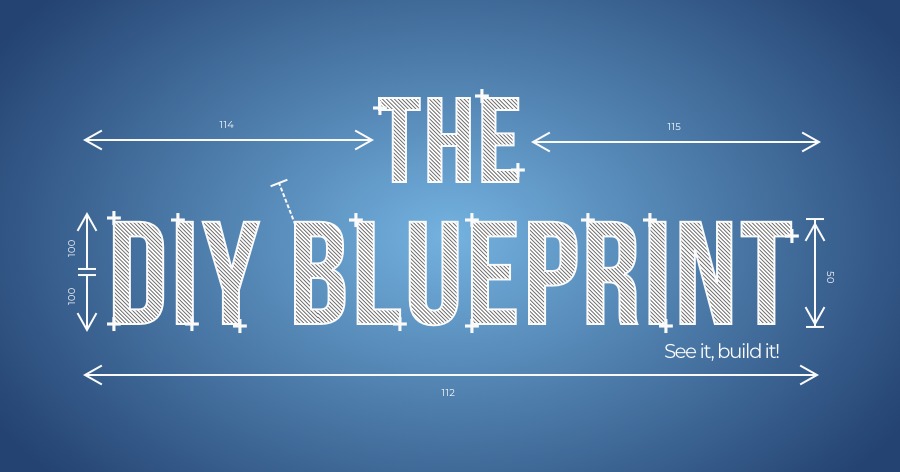
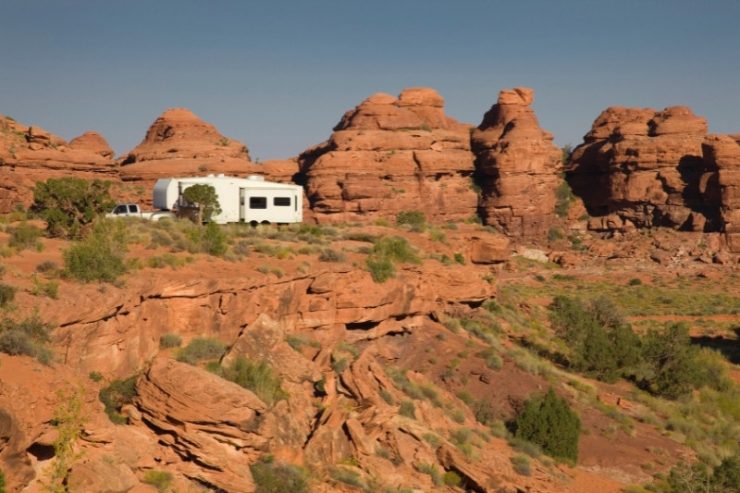

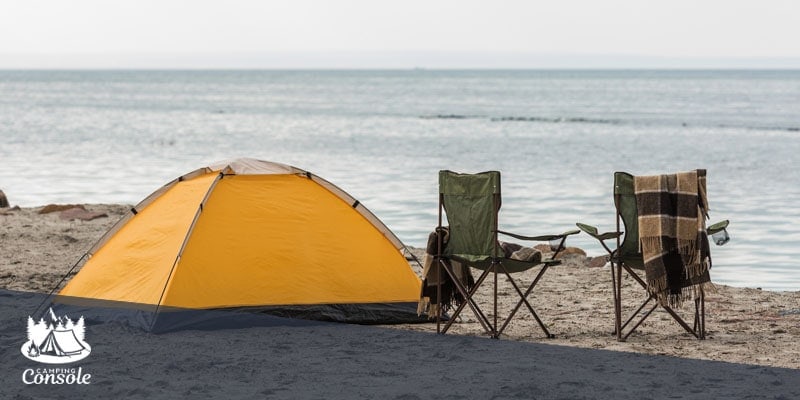
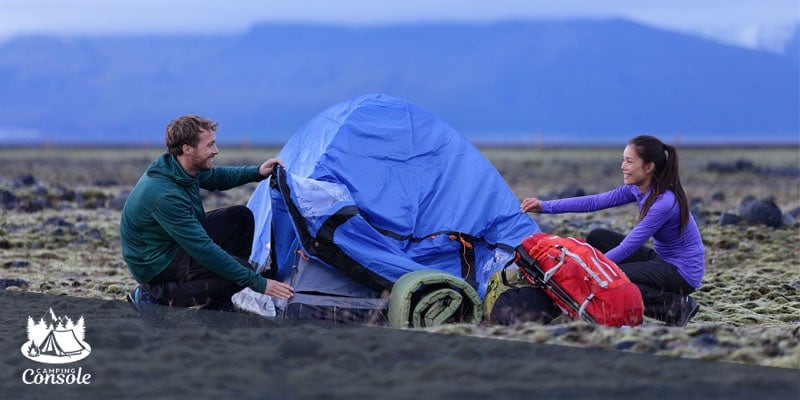
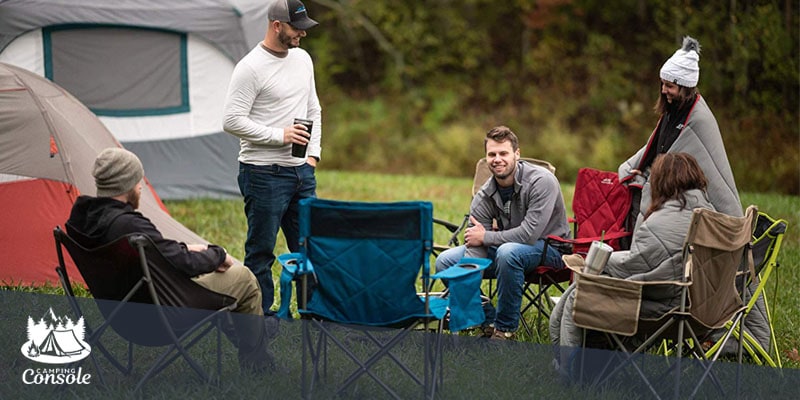
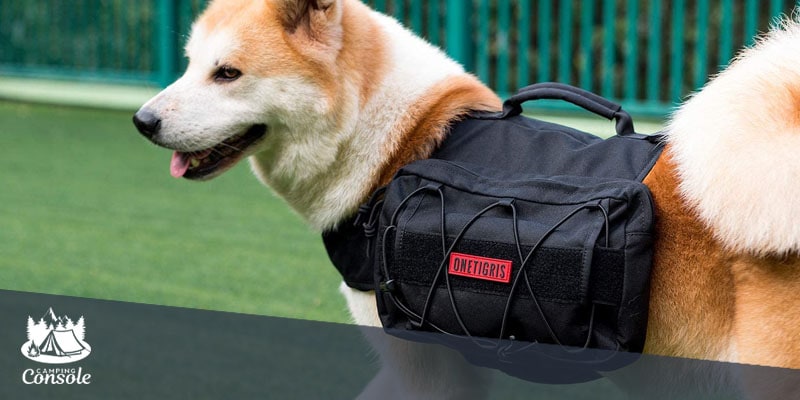


Add comment